The key to a successful quality audit is selecting a highly qualified auditor. Since the quality of ...


The key to a successful quality audit is selecting a highly qualified auditor. Since the quality of ...
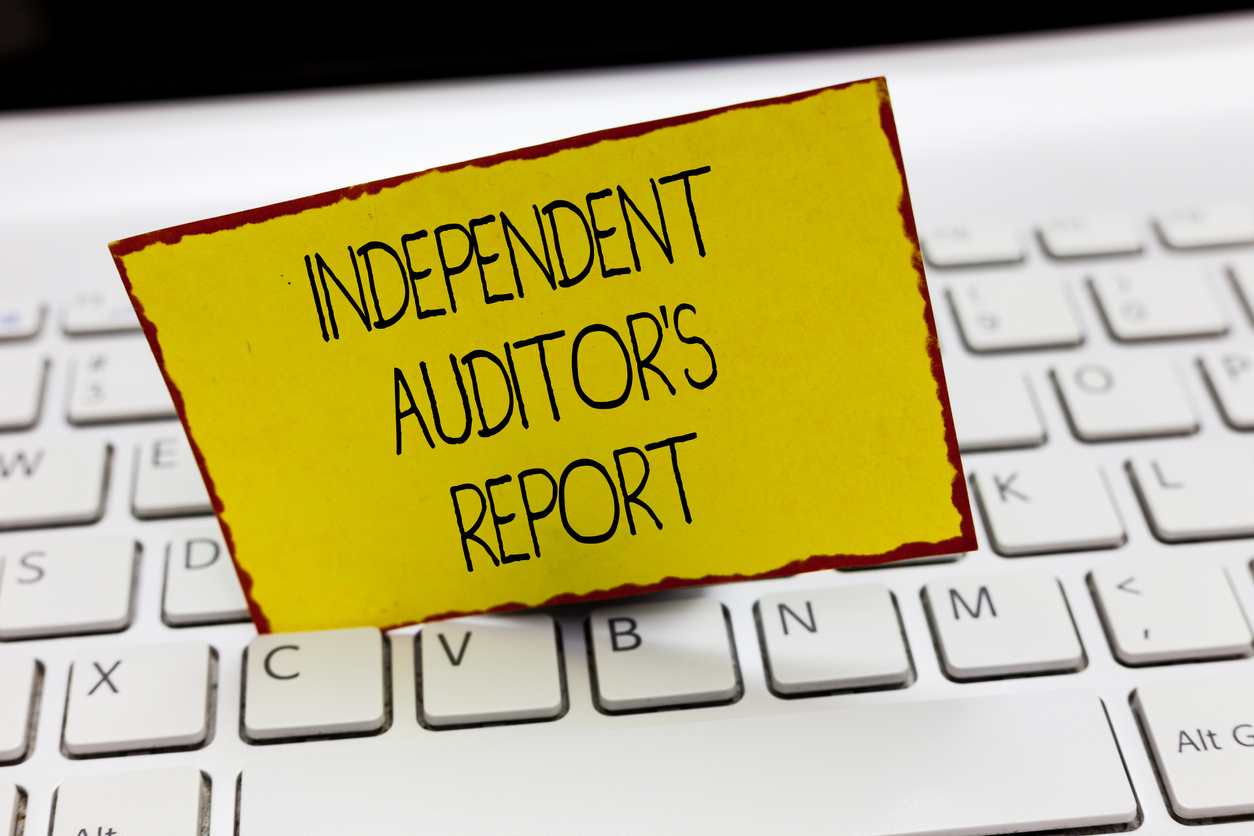
Regular internal audits are a vital part of QMS maintenance and are in many cases a regulatory requi...
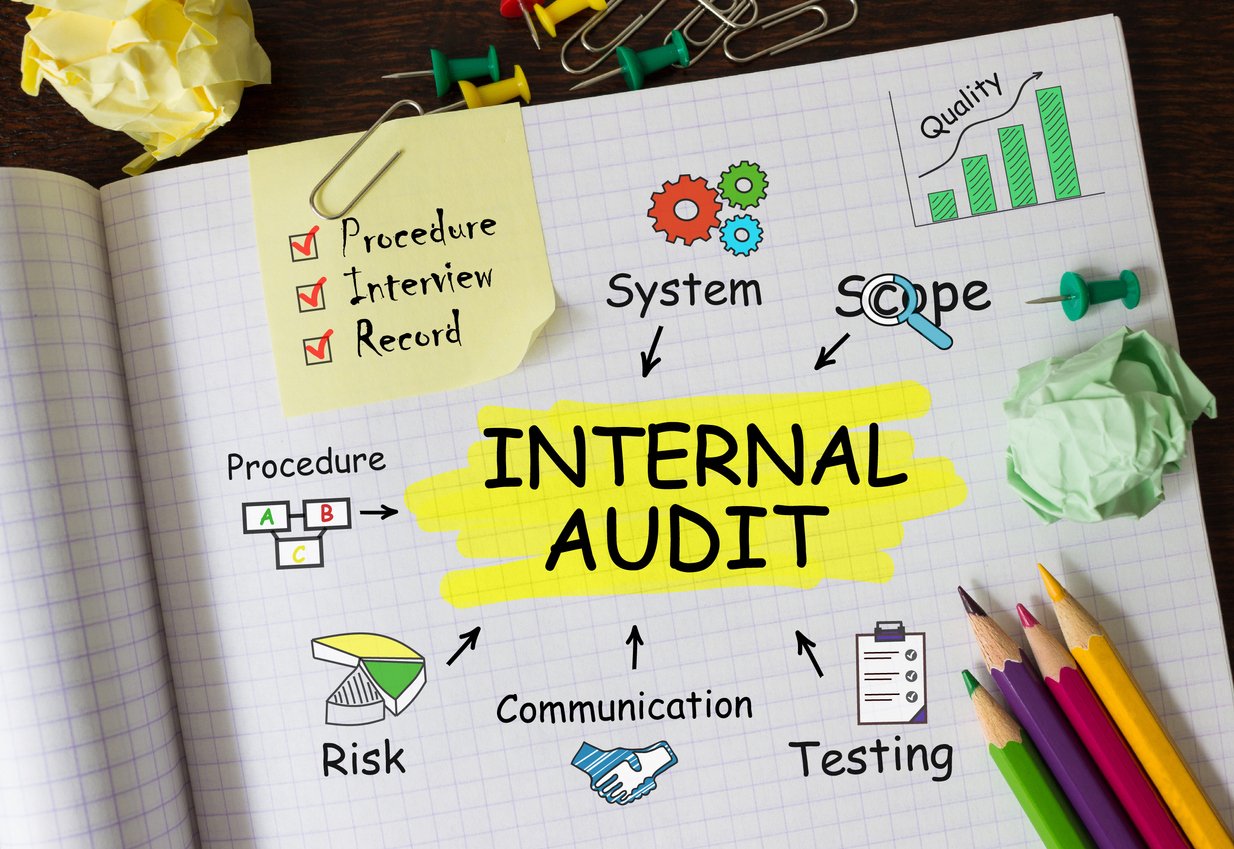
Many executives only see internal audits as something that has to be done for compliance reasons. Ho...

According to a recent survey by the Independent International Organization for Certification (IIOC),...

Maintaining oversight and control of your supply chain is a critical part of your organization's qua...
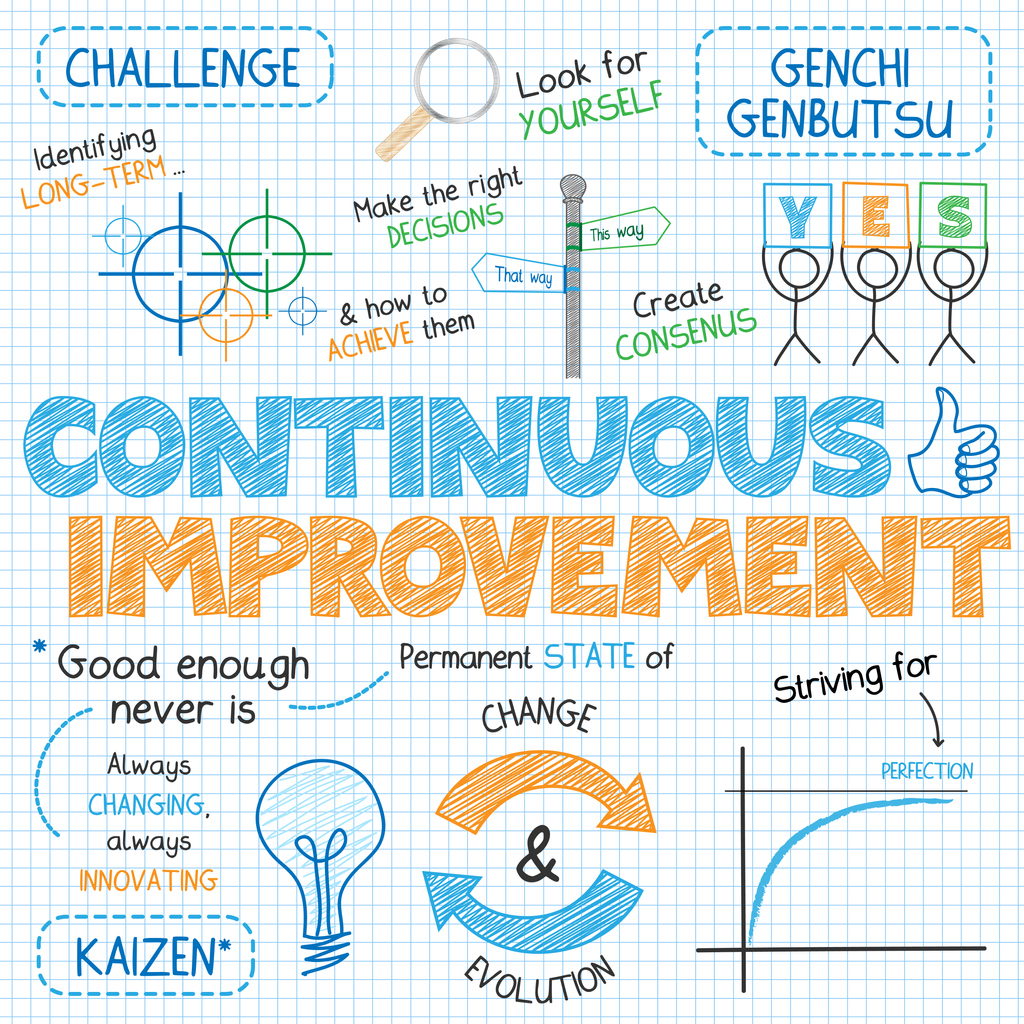
A supplier audit is one of the most effective ways to ensure your suppliers adhere to quality standa...
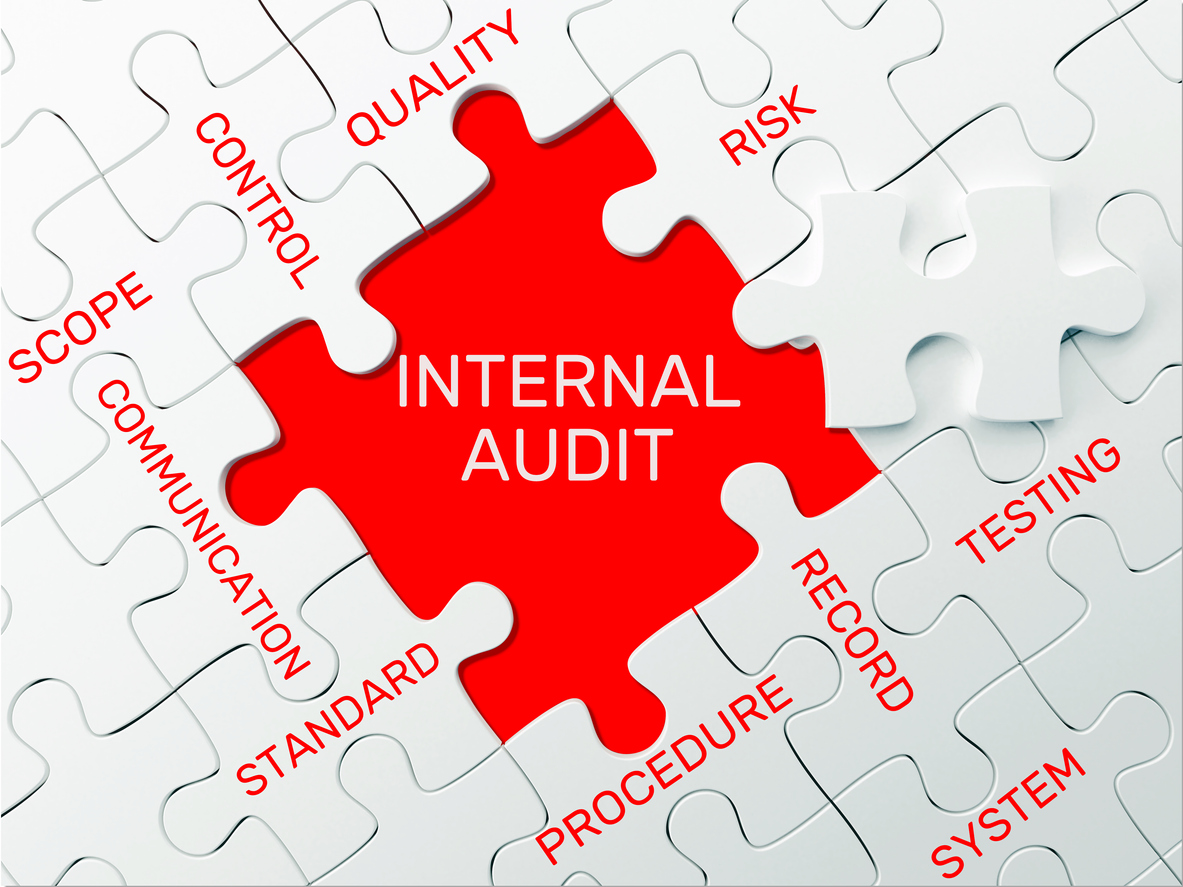
Internal audits are an essential part of quality management. Working with external auditors ensures ...

As the world continues to adjust to the COVID-19 pandemic's adverse disruptions, consideration must ...
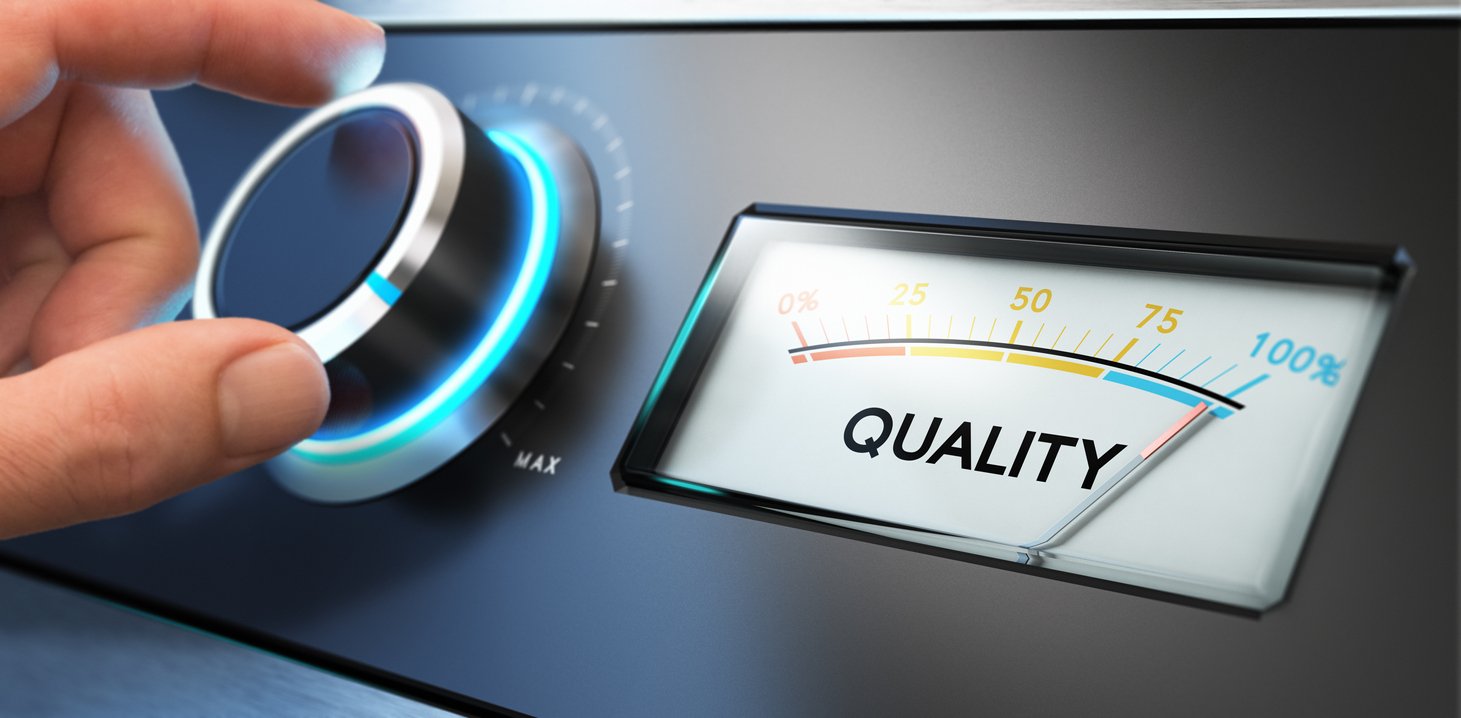
Increasing the efficiency of your Quality Management System (QMS) should be a no-brainer. When you i...
The Medical Device Single Audit Program, better known by its acronym MDSAP, is designed to increase ...